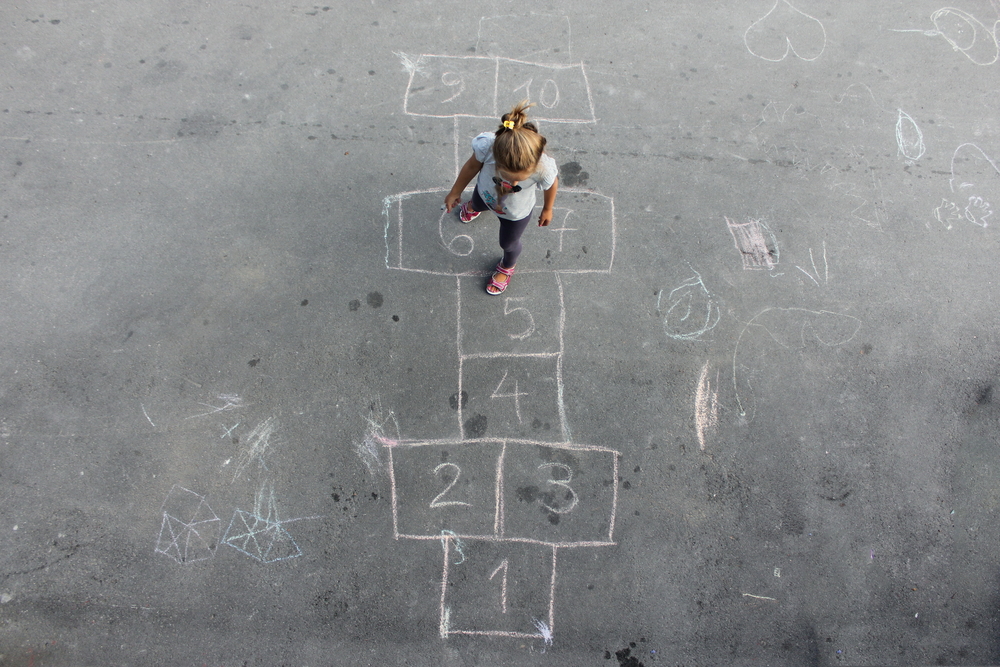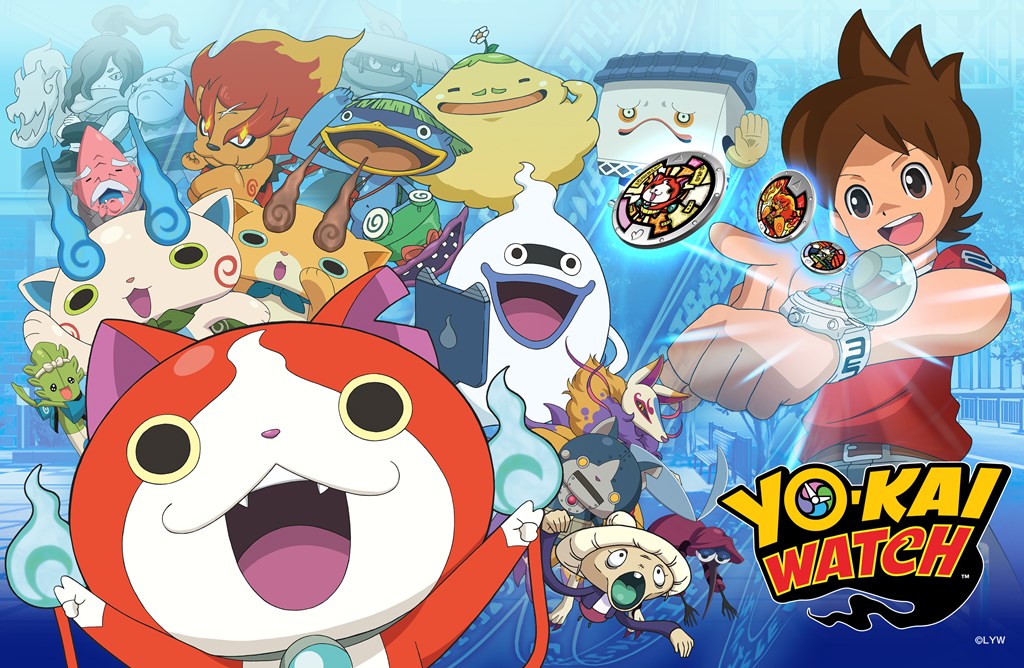Our school-aged children spend approximately 7 hours a day at school (I know that seems a very long time to a Home Edder like me, but it’s also long by European standards); and that’s before extra commitments like Breakfast Club for working parents, plus after-school tuition and clubs are factored in. As a result, 92% of parents fundamentally believe teachers share the responsibility of nurturing a child’s emotional wellbeing.
Research* commissioned by Nintendo reveals that 70% of parents worry that their youngsters are growing up too fast
– and may lack the ability to bounce back from adversity (partly due to the parents own nervousness at broaching issues!).
In fact, 56% of us parents feel ill-equipped to tackle subjects we’re uncomfortable with, and more than half of us are more comfortable discussing maths homework than debating image worries.
In fact, the Department of Education has recently tasked educators to help ensure children are properly supported**.
One teacher totally on board with the idea is Chris McGivern, who teaches Yr3 at Southgate Primary School in West Sussex. A quick survey told him 75% of children in his school aged between 6 and 10 regularly play videogames***. Which was okay – he’s a big advocate of play time! So he decided to find a way to bring that passion into his classroom, and bridge the gap between teaching and fun.
Mr McGivern’s classes feature characters children love; popular faces from Nintendo’s kid-friendly videogames like Mario as well as from popular shows like Peppa Pig. He uses situations and characters to start a discussion, and has found that classes are much keener to debate different issues through this guise, whether they’re discussing dealing with divorce or simply feeling lonely. By using playful tactics to explain emotionally tricky scenarios, he has found that children are much more able to talk things through, to question why something might have happened and consider solutions.
The school has recently trialed the Japanese phenomenon YO-KAI WATCH® to help in these personal development lessons. Arriving in the UK earlier this year, YO-KAI WATCH® is becoming the latest playground craze and a firm favourite up and down the country, thanks to the Nintendo 3DS game, animated TV series on Cartoon Network and range of toys from Hasbro.
For Mr. McGivern, YO-KAI WATCH®’s appeal lay in its use of Japanese folklore, where the characters create a world that children can grasp. Each character (Yo-kai) is based on a circumstance real children worry about, such as competing against a friend (a trait present in the Yo-kai ‘Blazion’), family arguments (personified through ‘Dismarelda’) or being the subject of gossip (shown via ‘Tattletell’).
Leading child development and play expert, Dr Amanda Gummer advocates the introduction of play to areas outside of the playground, thanks to its proven impact on cognitive development.
‘By disguising a lesson in play, children have fun as well as learn. They relax and become more open to talking about what they think and how they feel. This trick can be a useful tool for parents and teachers as it’s easier to properly engage a child with a subject that might have been difficult to discuss, were it not for the playful distraction.’
Dr Gummer applauds this use of popular culture in a non-traditional environment and advises that parents who feel nervous about approaching difficult topics with children can easily apply playful tactics at home, helping to build on their child’s emotional resilience over the summer and enabling them to think more critically.
*Unless otherwise indicated, all stats sourced from an independent survey of 1,000 parents carried out by OnePoll, July 2016.
**Source: https://www.gov.uk/government/uploads/system/uploads/attachment_data/file/508847/Mental_Health_and_Behaviour_-_advice_for_Schools_160316.pdf
– Department for Education, Mental Health Problems in Children and Young People released March 2016
***Source: http://ukie.org.uk/ – The games industry in numbers study released 6th June 2016




Trackbacks/Pingbacks